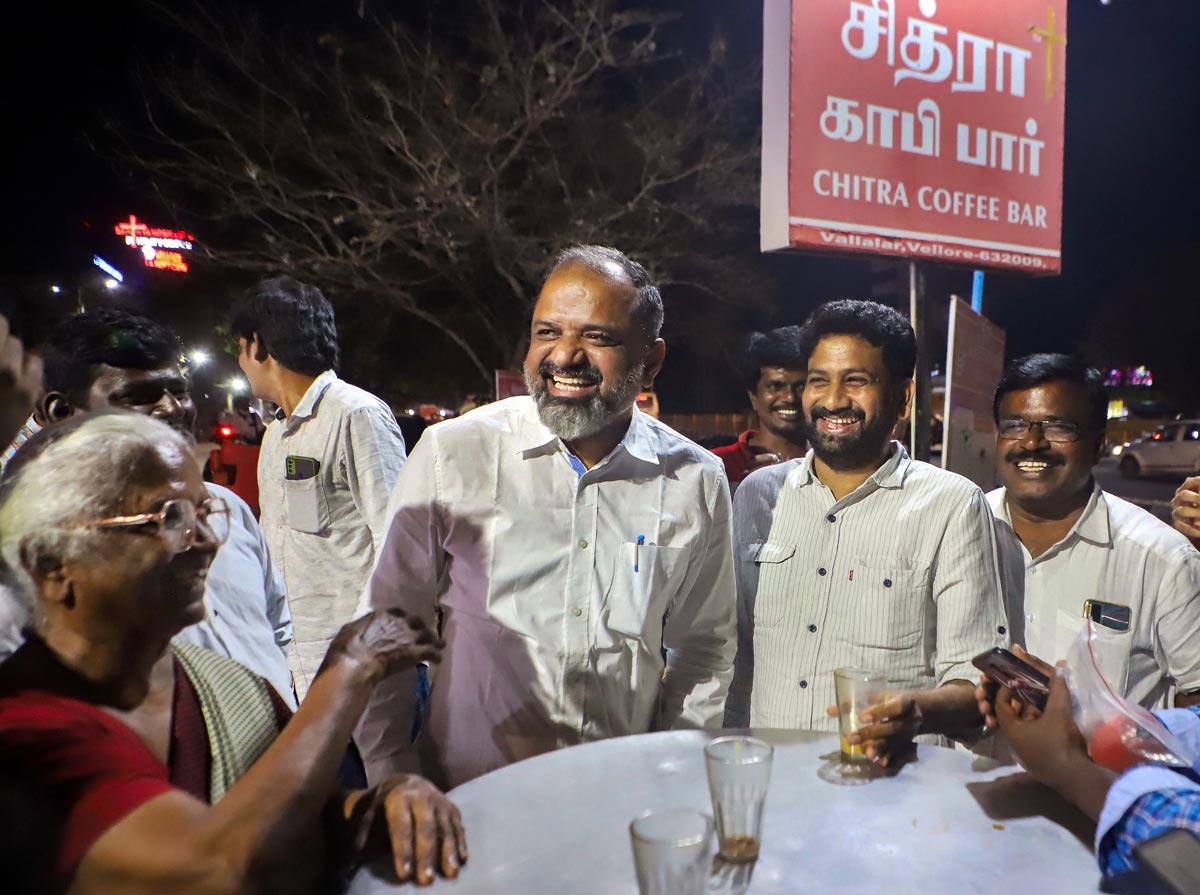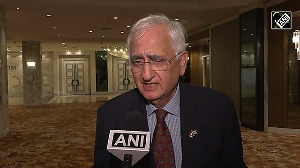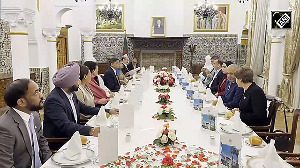The Supreme Court on Wednesday ordered the release of A G Perarivalan, who is in jail for over 30 years after being convicted in the assassination of former prime minister Rajiv Gandhi in 1991, invoking its extraordinary powers under Article 142 of the Constitution to do 'complete justice' in a pending case.

Observing that the inexplicable delay in deciding remission is 'inexcusable' as it contributes to adverse physical conditions and mental distress to the inmates, a bench headed by Justice L Nageswara Rao said the Tamil Nadu state Cabinet's advice recommending the premature release of all the seven convicts in the Rajiv Gandhi assassination case was binding on the state Governor.
Delivering its 29-page verdict that came three days ahead of Rajiv Gandhi's 31st death anniversary, the apex court also rejected the Centre's argument that the President exclusively has the power to grant pardon in a case under Indian Penal Code Section 302(murder), saying this would render Article 161 (power of Governor to grant pardon) functionless.
The bench, also comprising Justice B R Gavai, held that states have the power to advise and aid the Governor in the case of pleas of pardon under Article 161 made by convicts in murder cases.
The Centre had earlier defended the Tamil Nadu Governor's decision to send the mercy plea of Perarivalan to the President.
Article 142 of the Constitution deals with the Supreme Court's power to exercise its jurisdiction and pass order for doing 'complete justice' in any case or matter pending before it.
The article was also used in the Ram Janmabhoomi-Babri Masjid land dispute case in which the apex court granted the ownership of the 2.77 acres of disputed land in Ayodhya to a trust, paving the way for the construction of a Ram Temple.
Rajiv Gandhi was killed on the night of May 21,1991 at a poll rally in Tamil Nadu's Sriperumbudur, near Chennai, by a woman suicide bomber identified as Dhanu. Fourteen others, including Dhanu herself, were also killed.
Perarivalan, alias Arivu, was charged with procuring two batteries that went into the making of the bomb used in the assassination of the 46-year-old Congress leader.
He was 19 years old when he was arrested days after the killing that shook the world.
The verdict was received with great jubilation by Perarivalan's family, relatives and several pro-Tamil outfits in Tamil Nadu.
Perarivalan, presently on bail, celebrated the verdict by playing 'Parai', an ancient percussion instrument of Tamil Nadu, and said he now wants to breathe the air of freedom before thinking about his future.
Perarivalam's relatives also flocked to his residence in Jolarpettai, 200 km from Chennai, and offered sweets to him.
Initially handed capital punishment by a special court in Chennai which was later commuted to life term, Perarivalan said he was against death sentence.
"I have just come out. It has been 31 years of legal battle. I have to breathe a bit. Give me some time," he said with his mother Arputhammal and relatives by his side when reporters asked how did he feel as a 'free bird' and what his future plans were.
Arputhammal profusely thanked everyone right from the state government to a whole lot of sympathisers for their support in getting her son released.
Barring the Congress, political parties including the ruling Dravida Munnetra Kazhagam and opposition All India Anna Dravida Munnetra Kazhagam hailed the verdict.
While DMK supremo and Chief Minister M K Stalin said the verdict could find a place in the 'justice-law-political-administrative history', the Congress expressed pain and disappointment over the release of Perarivalan.
Stalin said Perarivalan has been released on humanitarian grounds and on the basis of human rights, which was welcome.
"Though delayed, this is a historic verdict," he told reporters in Chennai.
Regarding the fate of the other six convicts in the assassination case, the chief minister said the government will hold discussions with legal experts on their release after going through the details of Wednesday's judgment.
Congress chief spokesperson Randeep Surjewala said there is sorrow and fury not only in every Congress worker over the development, but in every citizen who believes in India and Indianness.
'A terrorist is a terrorist and should be treated as one. Today, we are deeply pained and disappointed at the decision of the Supreme Court ordering the release of Rajiv Gandhi's assassin.'
It is condemnable and very unfortunate that the assassin of a former prime minister has been released, Surjewala told reporters in Delhi.
On March 9, the top court had granted bail to Perarivalan while taking note of his long incarceration and no history of complaints when out on parole.
The court has been hearing pleas including the one in which Perarivalan sought suspension of his life sentence in the case till the Multi Disciplinary Monitoring Agency (MDMA) probe is completed.
'The advice of the State Cabinet is binding on the Governor in matters relating to commutation/remission of sentences under Article 161. No provision under the Constitution has been pointed out to us nor any satisfactory response tendered as to the source of the Governor's power to refer a recommendation made by the State Cabinet to the President of India,' the apex court said in its verdict on Wednesday.
Observing that the Tamil Nadu Governor ought not to have sent the recommendation made by the state cabinet to the President, the court said such action is contrary to the constitutional scheme explained in the verdict.
The CBI, in its affidavit of November 20, 2020, had told the apex court that the Governor has to take a call on grant of remission to Perarivalan.
Later, the Governor referred the mercy plea to the President of India saying he does not have the power to decide it.
The mercy plea has been pending since then and the apex court said till the time the legal issue over the power to grant remission is decided, it would grant the bail to the convict.
V Sriharan alias Murugan, T Suthendraraja alias Santhan, Jayakumar, Robert Payas, P Ravichandaran and Nalini are in jail since 1991.
Together with Perarivalan, they have been referred as the '7 Tamils' in the assassination case.
In its May 1999 order, the top court had upheld the death sentence of four convicts -- Perarivalan, Murugan, Santham and Nalini.
In April 2000, the Governor had commuted the death sentence of Nalini on the basis of the state government's recommendation and an appeal by Rajiv Gandhi's widow Sonia Gandhi.
On February 18, 2014, the top court had commuted the death sentence of Perarivalan to life imprisonment, along with that of two other prisoners -- Santhan and Murugan -- on the grounds of an 11-year delay in deciding their mercy pleas by the Centre.





